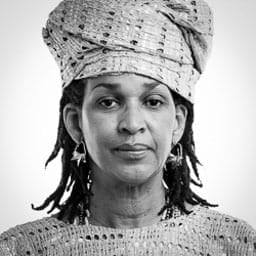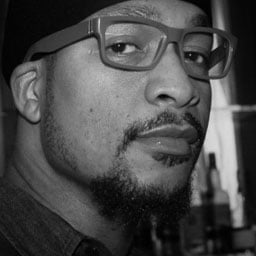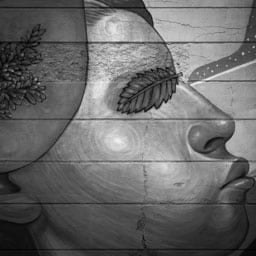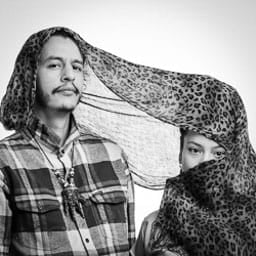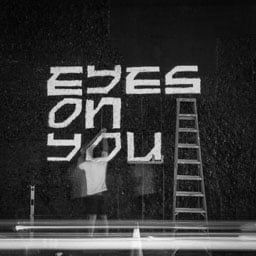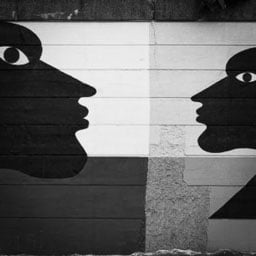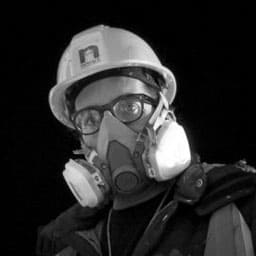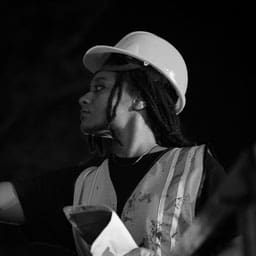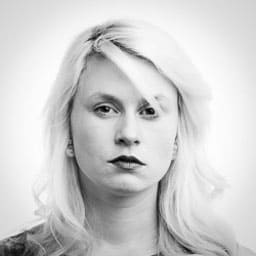

42 Dresses, 2016
LOCATION: EMMETT STREET > MILLER STREET
Repeating images of a dress, it’s preciousness marking time and bearing witness.
“I can’t believe that I am so excited over something that happened in 1942, but indeed I am. My daughter was looking at items stored in my mother’s cedar chest, and she discovered a dress which I explained was my graduation dress which I had made in sewing class in preparation for graduation. I was graduating from Morton Street Elementary School in 1942 and was looking forward with great enthusiasm to entering South Side High School from which I graduated in 1946. The awesome, wonderful part of this memory is that a little Swiss dot dress had surfaced after seventy-three years of storage because someone cherished it as representing progress in a child’s life,” Elizabeth Moore Wheeler.
Assisted by Adebunmi Gbadebo and Caren King Choi
Adrienne Wheeler
Adrienne Wheeler is a multi-media artist, independent curator, arts educator, and advocate for social justice. She lives and works in Newark, NJ. Through her practice, Adrienne addresses the injustices that plague society, particularly those injustices affecting the lives of women and children.
Wheeler’s work references various Central and West African traditions (ancestral, spiritual, and cultural) and investigates the ways in which these marginalized cultures have mustered resistance against the inhumanity of slavery and like oppressions. These works include wood sculpture, mixed media installation, glass book arts, photography and video. Wheeler’s latest project is a papier-mache rendition of Njorowe or “belly masks.” Njorowe is the body plate of an important female ancestral masquerade, belonging to the Makonde People of Southeastern Tanzania and Northern Mozambique.
Instagram: @adrienneewheeler
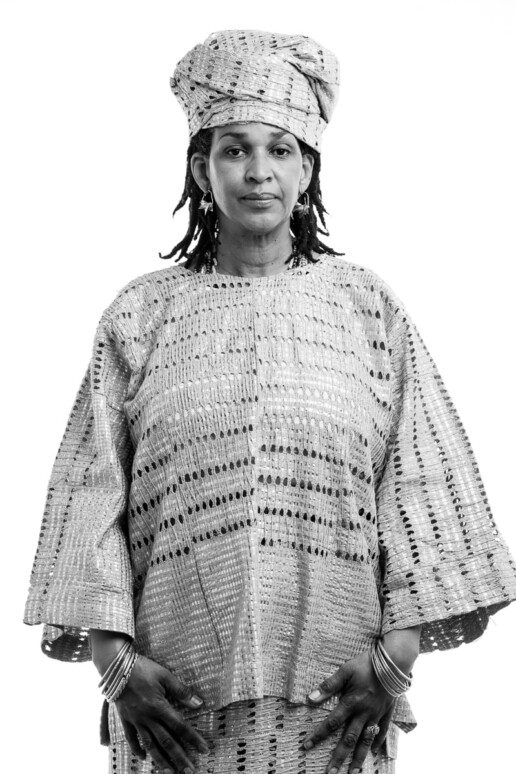

Adrienne Wheeler
Adrienne Wheeler is a multi-media artist, independent curator, arts educator, and advocate for social justice. She lives and works in Newark, NJ. Through her practice, Adrienne addresses the injustices that plague society, particularly those injustices affecting the lives of women and children.
Wheeler’s work references various Central and West African traditions (ancestral, spiritual, and cultural) and investigates the ways in which these marginalized cultures have mustered resistance against the inhumanity of slavery and like oppressions. These works include wood sculpture, mixed media installation, glass book arts, photography and video. Wheeler’s latest project is a papier-mache rendition of Njorowe or “belly masks.” Njorowe is the body plate of an important female ancestral masquerade, belonging to the Makonde People of Southeastern Tanzania and Northern Mozambique.
Adrienne Wheeler on Instagram: @adrienneewheeler



